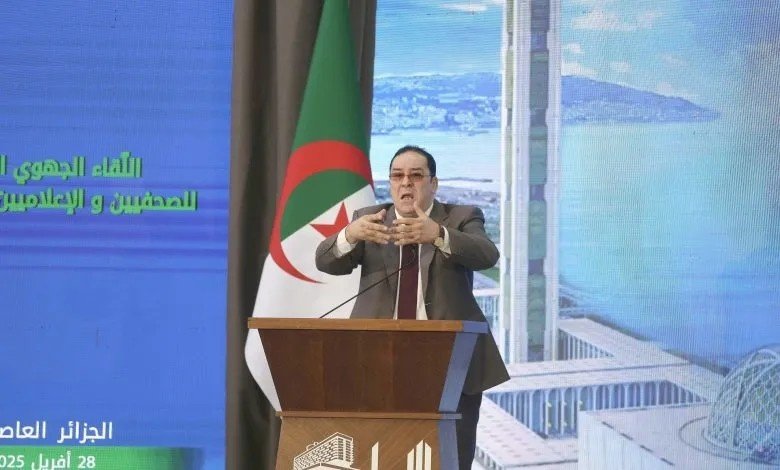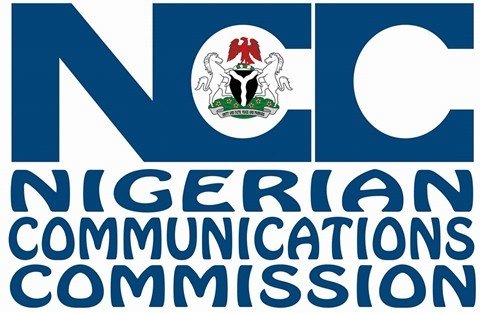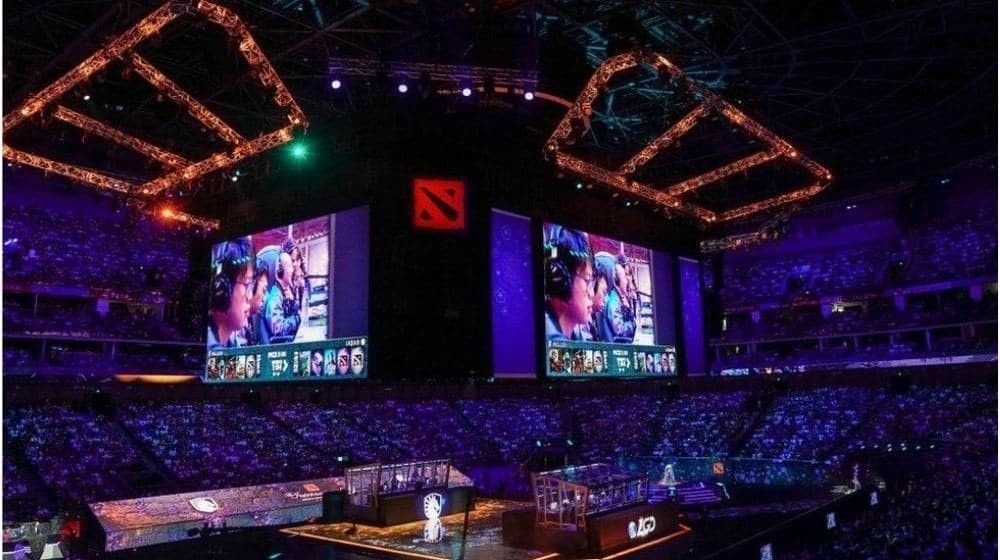In a forward-looking address during the 4th Regional Meeting of Journalists and Media Professionals in Algiers, Algeria’s Minister of Communication, Mohamed Meziane, outlined the foundational pillars for the future of the country’s media sector. The event, held on Monday, gathered senior officials from various media institutions, national associations, unions, and journalists from 13 provinces, underscoring the government’s commitment to a resilient, ethical, and technologically adept media landscape.
The meeting, organized around four pivotal workshops, tackled issues such as the new legal framework governing communication, professional ethics, and the impact of emerging technologies like artificial intelligence (AI) and 5G on audiovisual, print, and electronic press. A major focus was placed on institutional communication’s role in enhancing Algeria’s global image and the critical need for specialized and ongoing training to meet the demands of future media professions.
Facing the Challenges of AI and Rapid Technological Advancements
Minister Meziane opened his remarks by addressing the challenges posed by the rapid evolution of AI and digital technologies. He emphasized the importance of adapting Algeria’s national press to preserve its credibility and its essential role in public awareness. “The rise of artificial intelligence requires a recalibration of our journalistic practices. Specialized and continuous training is now a national necessity,” Meziane stated.
He also highlighted the danger posed by misinformation campaigns targeting Algeria, stressing the coordinated efforts to undermine the national media. Meziane reassured the audience of President Abdelmadjid Tebboune’s unwavering support for a free, responsible press, a fundamental pillar of democracy and national development.
Call for the Creation of a National Media Front
In a passionate call to action, Meziane advocated for the creation of a “national media front” to safeguard Algeria’s interests and counter hostile campaigns. “We must unite our media voices to form a professional, patriotic front capable of defending our nation and countering destabilization efforts,” he urged. This initiative aligns with President Tebboune’s broader strategy of strengthening internal cohesion.
Rejecting claims of government interference in editorial policies, Meziane asserted, “Never has the executive sought to control or dictate the editorial lines of the national press.” He warned against manipulating freedom of expression to serve hidden agendas and destabilize the country.
Combating Misinformation and Upholding Ethical Journalism
Addressing the growing role of misinformation, particularly through social media, Meziane called on journalists to exercise caution and rigor in their sourcing practices. “Reliable information is the cornerstone of national sovereignty. Falsehoods can undermine the very foundation of our nation,” he cautioned.
He reaffirmed the importance of distinguishing between constructive criticism and defamatory attacks aimed at discrediting and destabilizing Algeria. “In journalism, facts are sacred; opinions are free. This principle must guide all media practices,” Meziane stated.
Towards a Media Transformation: A Focus on Quality and Professionalism
Acknowledging the sector’s challenges, Meziane emphasized that the government had developed a roadmap to elevate the media landscape from mere quantity to qualitative excellence. “Our goal is not just to expand the media sector, but to enrich it with substance, professionalism, and credibility,” he declared.
As media consumption habits evolve rapidly, Meziane stressed that “the digital transformation must be coupled with a commitment to producing high-quality content.” He urged media outlets to maintain a credible presence on digital platforms and social media, warning of the misuse of these channels by forces intent on destabilizing Algeria.
Promoting Digital Training, Innovation, and Media Modernization
Meziane highlighted the pressing need for digital literacy among journalists, stressing the strategic priority of integrating digital tools into journalistic practices. “The digitization of the media sector is not optional; it is a necessity to ensure our sovereignty and global competitiveness,” he affirmed.
He cited initiatives such as specialized training programs, journalist requalification in new technologies and editorial techniques, and mastering AI-driven tools as essential steps in preparing media professionals for the future.
The Importance of Proximity Media
The Minister also underscored the value of local journalism in strengthening national cohesion. “Proximity information is critical. It allows the media to address citizens’ real concerns and protect them from misinformation and external influences,” Meziane explained.
He urged for the promotion of local content reflecting the realities of neighborhoods and communities, stressing that such media serves as a platform for citizens’ voices, aspirations, and legitimate grievances.
A Vision Rooted in Professionalism, Innovation, and National Values
In closing, Minister Meziane reiterated that the future of Algeria’s media depends on professionalism, integrity, and embracing innovation. He assured that the government would continue to support a dynamic, responsible press that defends the nation’s image and adapts to global media challenges.
“Algeria’s media must not simply follow global trends; it must anticipate, master, and shape them, staying true to our national values and aspirations,” Meziane concluded, calling on journalists, media leaders, and policymakers to unite in building a strong, vibrant, and sovereign Algerian media sector capable of facing future challenges.















